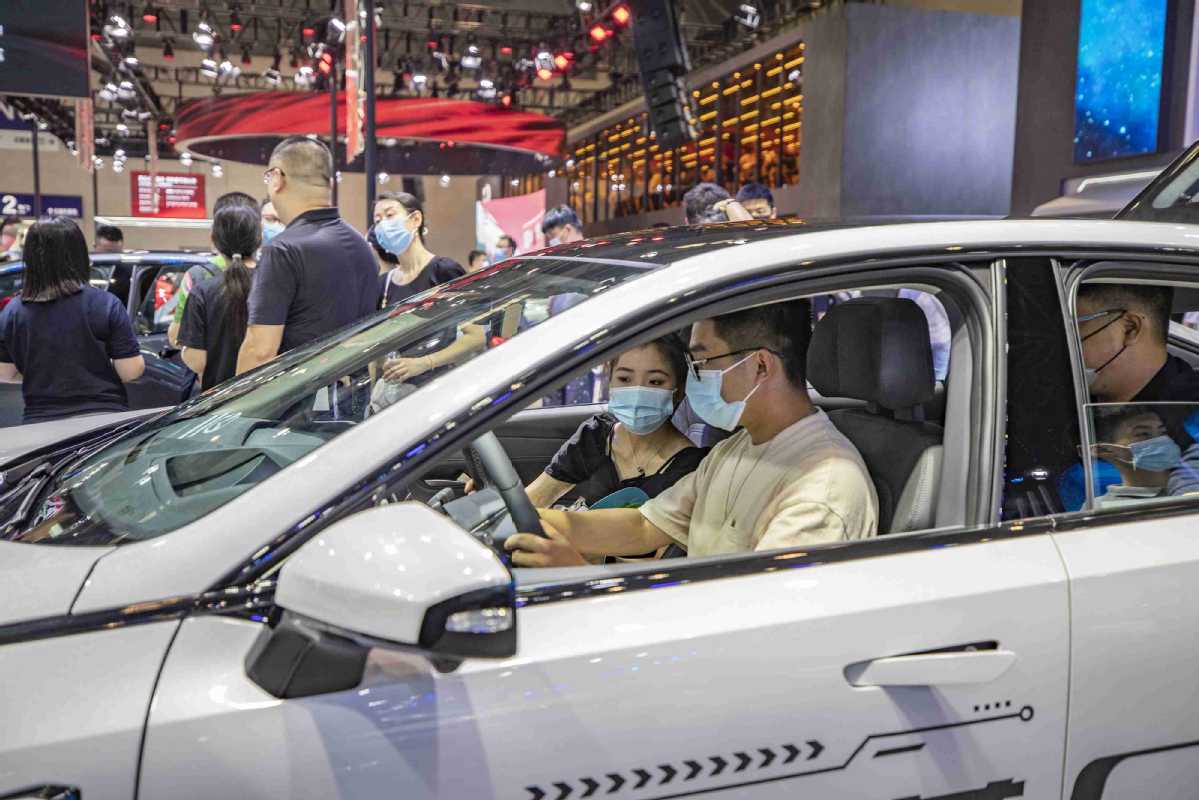China’s automotive sector has demonstrated a remarkable resurgence, with a substantial surge in new auto sales by 23.8 percent year-on-year to 2.5 million units in June. The recovery comes just two months after the industry faced the repercussions of the COVID-19 pandemic, which led to what was deemed “the worst April in a decade” by the China Association of Automobile Manufacturers (CAAM). The association’s positive outlook has prompted a forecast of total sales reaching 27 million units for the year, indicating a significant 3 percent increase from the previous year.
Passenger vehicle sales, including sedans, SUVs, and MPVs, experienced a notable upswing, reaching 2.22 million units in June, marking a substantial 41.2 percent year-on-year growth, as reported by the CAAM on Monday.
Chen Shihua, the deputy secretary-general of the association, expressed optimism about the market’s performance, citing a combination of factors contributing to the industry’s swift recovery. These factors include the successful revival of the supply chain in June, along with pent-up consumer demand and the implementation of favorable policies, such as the halved purchase tax.
One of China’s leading automotive companies, Shanghai-based SAIC Motor, managed to regain its footing, recording a staggering 47.2 percent year-on-year surge in sales to 484,000 units in June. Notably, Tesla also witnessed a significant milestone, achieving record sales in China with 78,906 Shanghai-made Model 3s and Model Ys sold in the same month, marking an impressive 138 percent year-on-year growth.
The successful resumption of operations by key players within the industry, including Tesla’s Shanghai plant, further underscores the resilience of Chinese manufacturing, highlighting the industry’s ability to swiftly recover from unprecedented challenges.
The government’s implementation of favorable policies, including the car purchase tax cut, has played a crucial role in stimulating sales. Over 1.09 million vehicles benefited from the tax cut in June, resulting in substantial cost savings for consumers. The State Council’s plans to extend the vehicle purchase tax cuts nationwide are expected to save billions of yuan for car buyers throughout the year, providing a significant boost to the industry.
Additionally, local authorities in several major cities across China have introduced their own stimulus packages, offering incentives such as vouchers and additional license plates, further fueling the momentum within the automotive market.
The robust growth in sales is not limited to traditional vehicles, as the sales of new energy vehicles (NEVs) also reached a record high in June, with 596,000 units sold, marking an impressive 132 percent year-on-year increase. Manufacturers like BYD and Nio have showcased remarkable performances, with sales figures surpassing expectations and solidifying their positions within the global NEV market.
Furthermore, the continued uptrend in China’s car exports, with over 1.21 million units shipped overseas in the first half of the year, signifies the industry’s enduring global competitiveness and resilience despite the challenges posed by the pandemic and global economic fluctuations.
The notable rebound and steady growth in China’s automotive industry signal a promising outlook for the sector, underscoring the resilience and adaptability of Chinese automakers and their ability to navigate challenges while maintaining robust growth and global competitiveness.




